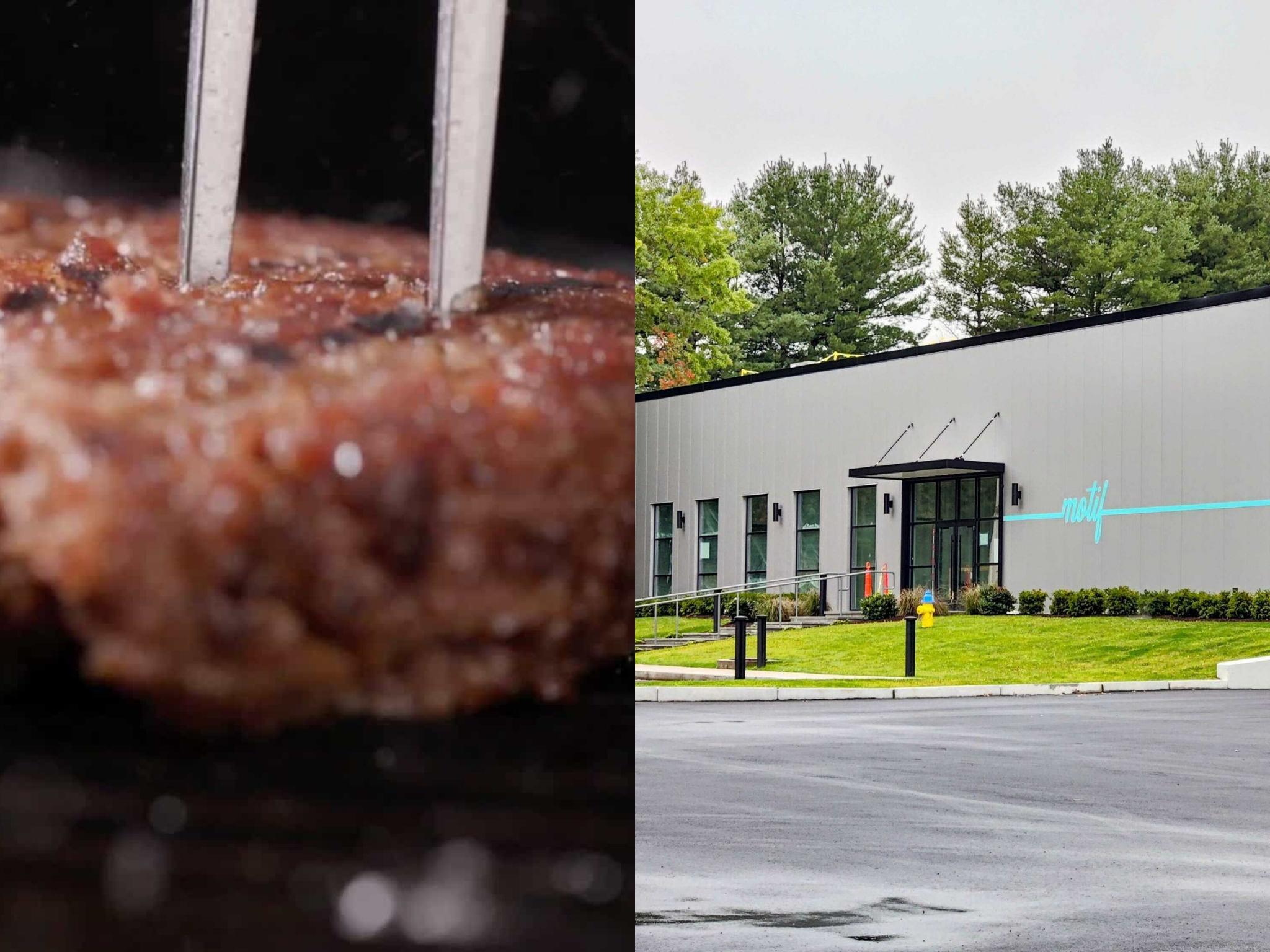Days After Settling Impossible Foods Lawsuit, Hemami Maker Motif FoodWorks is Shutting Down
5 Mins Read
Motif FoodWorks, the Boston-based startup known for its Hemami ingredient for meat analogues, is shutting down, days after it settled a long-running IP dispute with Impossible Foods.
Last week, Motif FoodWorks announced it had sold off its heme business to Impossible Foods, as part of a settlement of an IP dispute dating back to 2022.
Just a few days later, the Boston-based maker of Hemami protein told employees the business was winding down. According to AgFunderNews, which first broke the news, a skeleton staff is staying on to help shut shop.
The decision was heavily influenced by the Impossible Foods lawsuit – in which both companies agreed to cover their own legal costs – as well as the sales and investment declines in the meat analogue category post-2021, when Motif FoodWorks raised a $226M Series B round, according to one VC manager with knowledge of the situation.
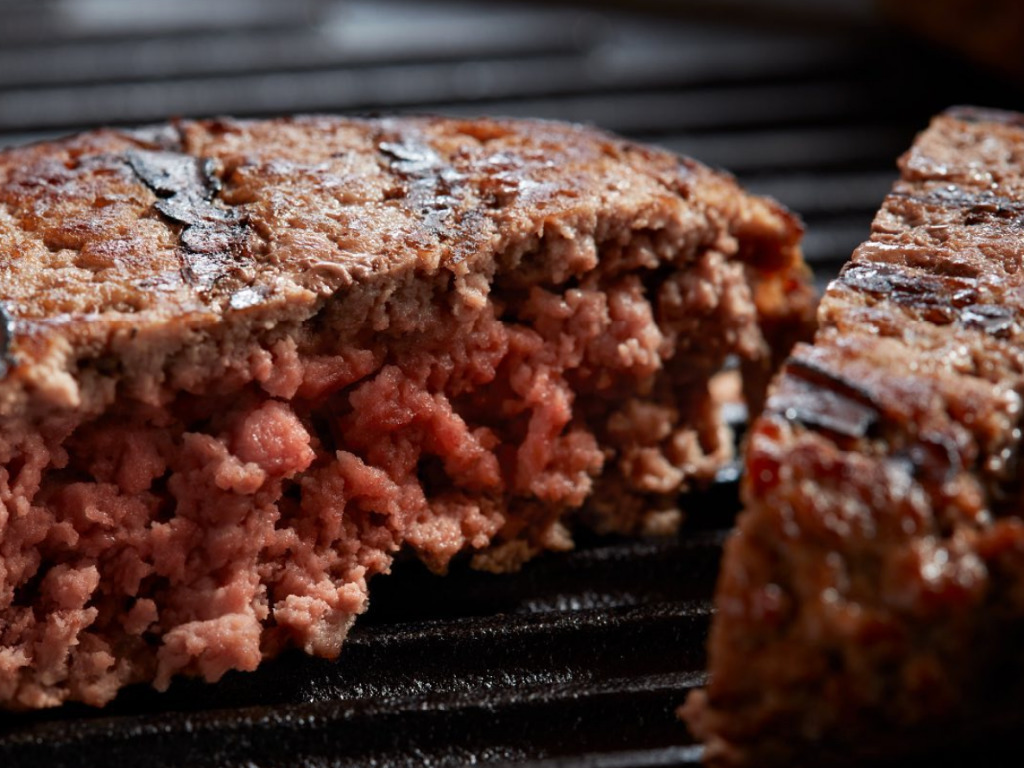
Impossible Foods lawsuit ‘absolutely hurt’ Motif FoodWorks
Motif FoodWorks, which spun off from Boston-based synbio firm Ginkgo Bioworks in 2019, has to date secured $345M worth of capital from various investors, making it one of the most well-funded companies in the fermentation protein space.
Its massive Series B came amid a record year for alternative protein investments, which reached $5.6B at a time when big rounds were the norm – Impossible Foods received $500M, for example, while Nature’s Fynd bagged $350M.
However, this fell dramatically over the next two years, with companies attracting $2.9B in 2022 and $1.6B in 2023 – for context, fermentation players alone raised $1.7B in 2021. While there are signs of recovery, with the sector raising $666M in the first half of this year, it’s still a far cry from 2021 levels.
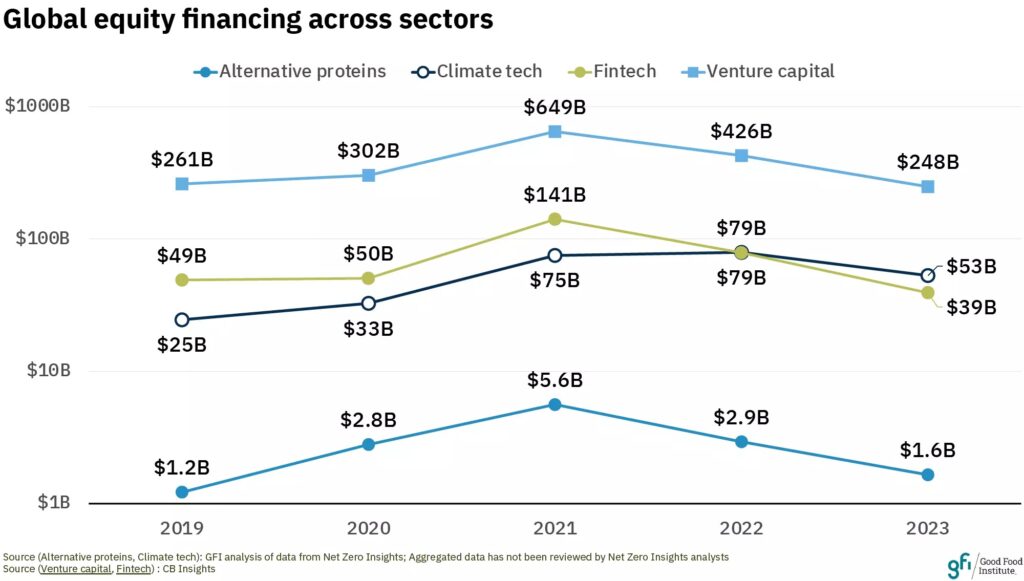
The Series B was a “sign of the times”, according to the source familiar with Motif FoodWorks’ business, who spoke to Green Queen on the condition of anonymity. But the “completely unrealistic cagers for the alternative protein market” drove this raise. “When you think back to 2020 and 2021, people really thought that alternative protein could capture 5% of global meat capacity,” they said.
But the subsequent struggles of the industry meant that this potential hasn’t yet materialised. And then there was the lawsuit. Impossible Foods accused Motif FoodWorks of patent infringement: both companies make bioidentical versions of heme protein, an ingredient that gives meat analogues their meaty taste and colour.
Impossible Foods’ version is identical to soy leghemoglobin, while Motif FoodWorks’ Hemami is identical to bovine myoglobin. The lawsuit – which began in 2022 – “absolutely did hurt”, claimed the source.
“Even though ultimately it was settled, it achieved commercially what it wanted to achieve – which is that large companies, which are, generally speaking, quite risk averse, didn’t want to necessarily work with Motif’s heme,” they said. “Motif couldn’t sell that heme as an ingredient because of this pending lawsuit.”
They added: “So from a commercial standpoint, Impossible was able to [hinder] Motif from going to market. Even if the lawsuit was partially frivolous and Motif had a case, it still stopped the commercial viability of Motif’s heme product.”
The big question for precision fermentation
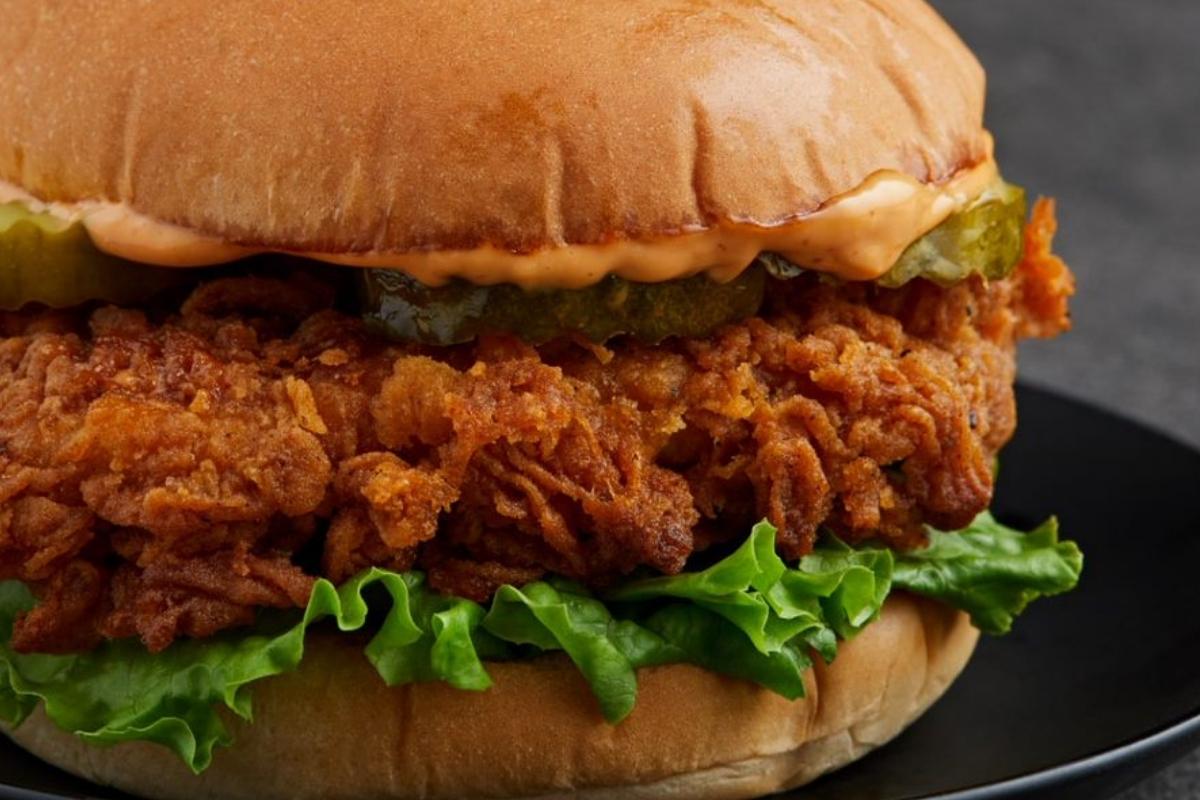
Hemami isn’t Motif FoodWorks’ only ingredient. It has also devised a hydrogel called Appetex, which combines plant proteins and carbohydrates to improve the texture of meat analogues.
It has previously also released finished products. The MoBeef, MoPork, and MoChicken products catered to foodservice and private-label clients, while a direct-to-consumer lineup comprised of Motif PorkWorks, Motif BeefWorks, and Motif ChickenWorks debuted last year.
The company also has exclusive access to Prolamin technology from the University of Guelph, which uses plant-based ingredients to enhance the texture of vegan cheese products, enabling them to melt, bubble and stretch like their conventional counterparts.
Motif FoodWorks opened a 10,600 sq ft R&D lab in Boston in 2021, followed by a 65,000 sq ft market development and research centre last year, dubbed Motif’s Plant Base. But amid the market challenges and the lawsuit, it also engaged in multiple rounds of layoffs.
While the heme business has been taken over by Impossible Foods, what happens to the rest of its ingredients, licences and the facilities remains to be seen.
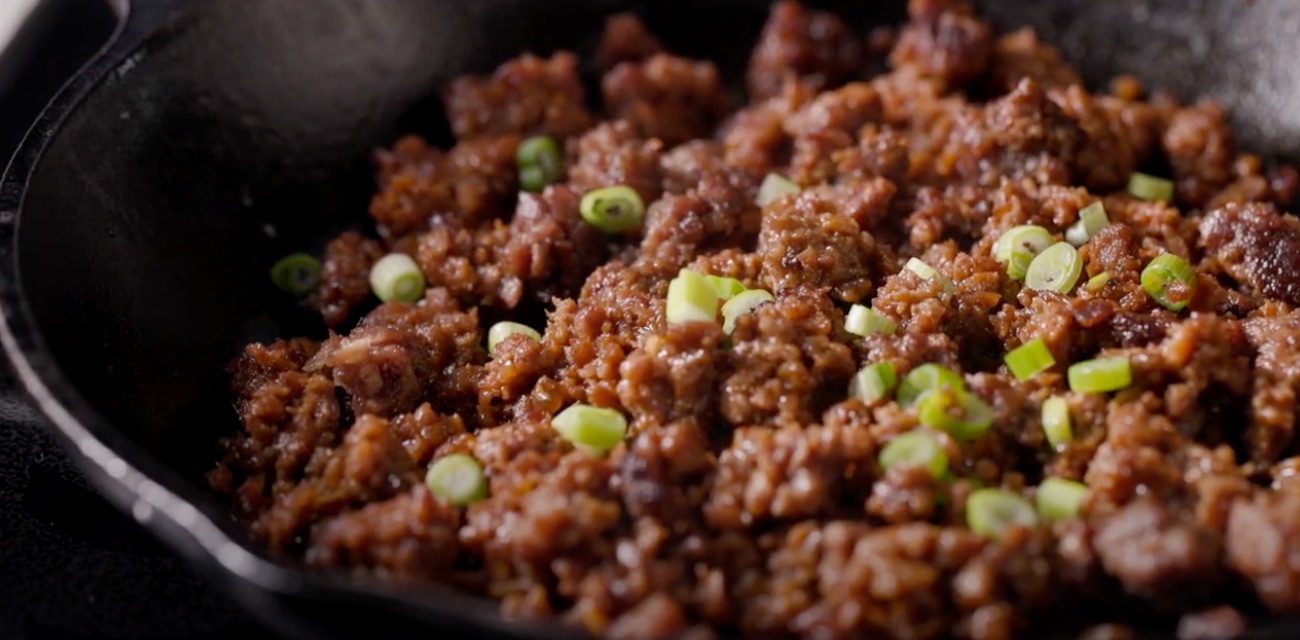
“Ultimately, this was more of a market challenge and a landscape challenge, in the sense that customer demand just wasn’t there – primarily prevented from the lawsuit itself,” the source told Green Queen.
But it also pointed to “the challenges of bringing other ingredients to market”, they added. “This is a bigger question about precision fermentation, and its ability to move from Ginkgo – which is basically creating a strain – to then actually commercialising that strain for the right titer, the right yield, and the right application, and whether or not there’s a customer for that.”
They continued: “That is the big question that much of the industry is still grappling with. So whether or not Motif is able to grasp it or not, we’re still looking for: what is the right application, what is the right cost, and can that be commercially viable in precision fermentation?”

